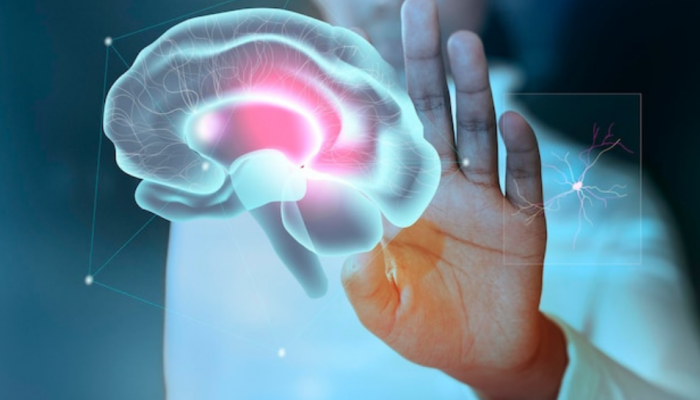Human brain News
Weill Cornell Medicine researchers discovered that specific bacteria colonise the gut shortly after birth and produce the neurotransmitter serotonin, which educates gut immune cells. This helps to prevent allergic responses to both food and microbes during early development.
The study reveals the two regions of the brain react differently to Covid and points to the human cerebellum which might be more vulnerable to Covid-19 infection.
Air pollution has a huge impact on all parts of the body. As per the studies, toxic pollutants make their way through nose or mouth to lungs.
It needs to be noted that long term exposure to pollutants can damage blood vessels in kidney.
Moreover, nitrogen oxides can negatively affect blood vessels causing more rapid build-up of calcium in the coronary artery which can lead to cardiac ailments.
Living species, whether fish or humans, tend to perform worse as the temperature rises.
This is something that many people have certainly experienced on a very hot summer day. But what occurs inside the body when the temperature rises too high?
National Institute of Health has discovered how a set of high-frequency brain waves may help us spot differences between the past and the present.
The study shows how the human brain uses certain neural activity patterns to compare our expectations with the present.
These results will help us better understand how the brain portrays reality under healthy and disease conditions
Tumour cells are known to enter the brain both through dense contacts between the cells of the tunicae and through these cells themselves
In the first case, cancer cells use enzymes and/or microRNAs to disrupt the structure of the dense contacts and increase the permeability of the BBB
Another protein, placental growth factor, triggers a chain of reactions to facilitate the development of metastases in lung, gastric or colorectal cancer
According to a recent research, dehydration alters human brain shape and activity and even slackens task performance.
Developments in artificial intelligence (AI) may help us to predict the probability of life on other planets, according to a study.
The study, published in the journal Proceedings of the Royal Society B, involved an analysis of 94 hominin fossils.
The findings may help researchers around the world understand the causes of neurodevelopmental disorders such as autism, intellectual disability and schizophrenia.
A gene, known as TH, involved in the production of dopamine, a neurotransmitter known for reward-motivated behaviour, was found highly expressed in human neocortex and striatum but absent from the neocortex of chimpanzees.
The study compared the relative brain costs of 22 species.
The research further suggests that the vessels could act as a pipeline between the brain and the immune system.
The finding showed that the visual cortex of the brain reaches maturity until about age 36, plus or minus 4.5 years.
The study conducted on mice showed that sleep deprivation can cause parts of the brain's synapses to be 'eaten' by other brain cells.
A new study suggests that human brain can discover early-stage disease in others to help us avoid sick people.
The study showed the learning process leads to a re-organisation that extends to deep brain structures in the thalamus and the brainstem.
Life after death? Patient's brain continues to function 10 minutes after death, baffling scientists!
The study was conducted with an aim to learn how a human body responds when taken off life support, which would further help answer questions regarding organ donation.
Previous studies have established that excess consumption of fructose contributes to high blood sugar and chronic diseases like obesity.
People get these compounds, known as carotenoids, from their diets, and two of them - lutein and zeaxanthin - have been shown in previous research to bolster eye and cognitive health in older adults.
Loading...



)
)
)
)
)
)
)
)
)
)
)
)
)
)
)
)
)
)
)
)
)
)
)
)
)
)
)
)
)
)
